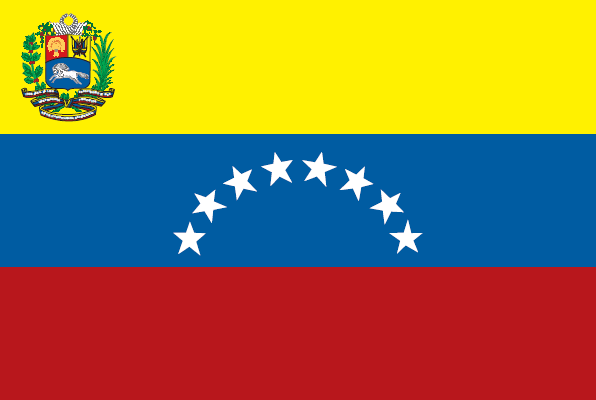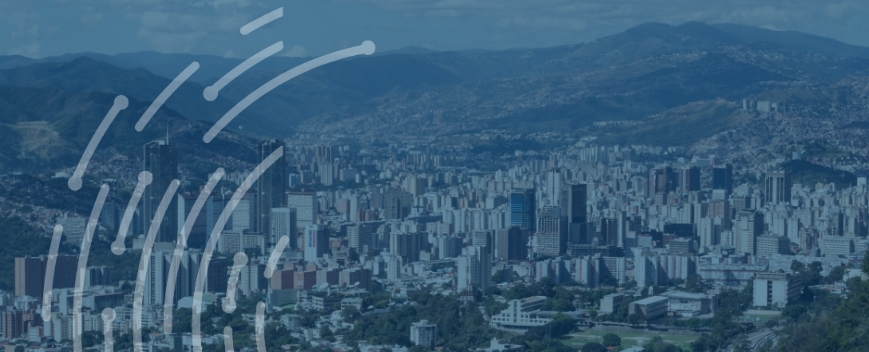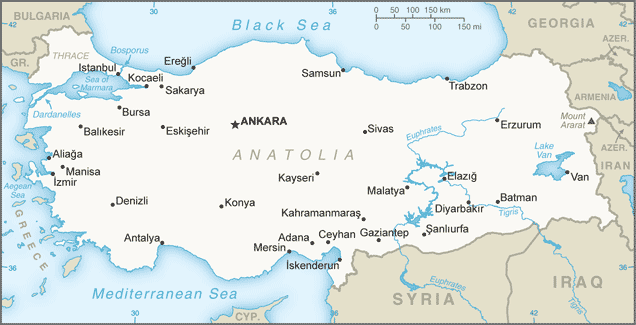Exporting to Venezuela


Venezuela Country Profile
Official Name (Local Language) República Bolivariana de Venezuela
Capital Caracas
Population 30,912,302
Currency Venezuelan Bolivar
GDP $333.7billion
Languages Spanish
Phone Dial In 58
Venezuela Imports Profile
Imports ($m USD) 44,952
Number of Import Products 4,210
Number of Import Partners 170

Venezuela Economic Statistics
Government Website | https://www.presidencia.gob.ve/ |
| Sovereign Ratings | https://countryeconomy.com/ratings/venezuela |
| Central Bank | Banco Central de Venezuela |
| Currency USD Exchange Rate | 56.57 |
| Unemployment Rate | 10.5% |
| Population below poverty line | 19.7% |
| Inflation Rate | 7.2% |
| Prime Lending Rate | 29.5% |
| GDP | $333.7 billion |
| GDP Pro Capita (PPP) | $15,100 |
| Currency Name | Venezuelan Boliva |
| Currency Code | VEF |
| World Bank Classification | Upper Middle Income |
| Competitive Industrial Performance | 130/138 |
| Corruption Perceptions Index | 169/180 |
| Ease of Doing Business | 188/190 |
| Enabling Trade Index | 136/136 |
Access trade, receivables and supply chain finance
We assist companies to access trade and receivables finance through our relationships with 270+ banks, funds and alternative finance houses.
Get StartedExporting to Venezuela
Venezuela is the world’s 122nd largest import and the world’s 88th largest economy (in terms of GDP). Petroleum and food products dominate the Venezuelan import industry Venezuela experienced a pronounced decline in import levels due to COVID-19, but recent figures have shown a slight reversal in this trend.
The Venezuelan economy is heavily dependent on foreign trade, as imports and exports account for more than 65% of GDP. The United States and China represent the two largest exporters to Venezuela, and are responsible for more than 40% of trade into Venezuela.
Exporting to Venezuela: What is trade finance?
Export finance is a revolving facility which lenders offer financing options– it enables businesses to buy goods and can help ease cash flow problems.
Often, an alternative financier will fund all of the cost of the goods, including charges (e.g. taxes).
Trade finance offers benefits over more traditional bank funding such as bridging mortgages or business loans. Trade finance provides quick funding without affecting existing bank relationships.
How does it work?
If you’re a company importing or exporting goods around the world, then a trade finance facility would help you to fund this through offering a LC (letter of credit) or some form of cash advance.
I’m looking to export to Venezuela, how can Trade Finance Global help, and how does it work?
If you’re looking to export inventory to other countries, you may require finance for exporting, which is a commercial agreement between you (the exporter), and the importer. An alternative financier will advance you the cost of producing the stock supplies that you are exporting (as a loan), either once you have sent the goods, or before producing them. Once the importer has received the stock supplies and pays you for the import, you will repay the advance from the export bank over an agreed period.
Chart Showing GDP Growth Compared to rest of world
GDP Composition for Venezuela
Agriculture
4%
Corn, sorghum, sugarcane, rice, bananas, vegetables, coffee; beef, pork, milk, eggs; fish
Industry
36.1%
Agricultural products, livestock, raw materials, machinery and equipment, transport equipment, construction materials, medical equipment, pharmaceuticals, chemicals, iron and steel products, crude oil and petroleum products
Services
59.9%
Map
Top 5 Import Partners
| Country | Trade | % Partner Share |
| United States | 10,488 | 23.33 |
| China | 7,645 | 17.01 |
| Brazil | 4,503 | 10.02 |
| Colombia | 2,258 | 5.02 |
| Mexico | 2,232 | 4.97 |
Top 5 Import Products
| Export Product | Number |
| Other medicaments of mixed or unmixed products | 5.7% |
| Frozen boneless bovine meat | 2% |
| Oil-cake and other solid residues, of soya-bean | 1.9% |
| Maize (excl. seed) | 1.8% |
| Structures and parts of structures,i or s | 1.7% |
Local Partners
- All Topics
- Venezuela Trade Resources
- Export Finance and ECA Topics
- Local Conferences



















